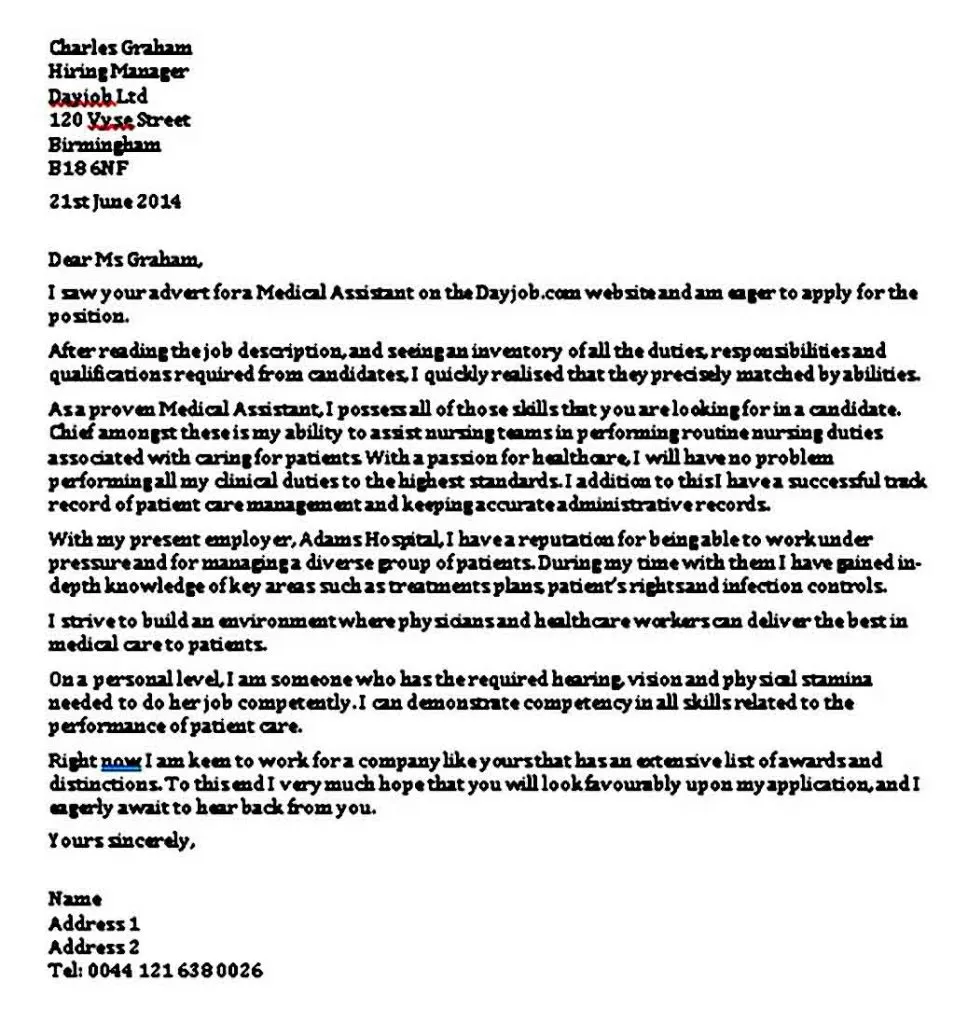Why a Strong Cover Letter is Essential for Medical Office Assistants
In the competitive field of medical administration, a well-crafted cover letter can be the key to unlocking your dream job as a Medical Office Assistant. It’s your initial introduction to a potential employer, a chance to make a strong first impression and set yourself apart from other applicants. A compelling cover letter showcases your personality, highlights your relevant skills, and demonstrates your genuine interest in the position and the healthcare organization. It’s not merely a formality; it’s an opportunity to tell your unique story, conveying why you are the ideal candidate and why they should invite you for an interview. Without a powerful cover letter, your resume might be overlooked, so taking the time to create a personalized and professional one is paramount for career success.
Key Components of a Medical Office Assistant Cover Letter
A successful cover letter for a Medical Office Assistant position has several essential components that work together to create a compelling narrative. These components include your contact information and a professional salutation, a section that highlights your skills and experience, a demonstration of your passion for healthcare, and a tailored approach to the specific job description. Each element is carefully crafted to capture the reader’s attention and provide a clear, concise picture of your qualifications. By mastering these components, you can create a cover letter that not only meets the standard requirements but also showcases your individuality and distinguishes you from other candidates, increasing your chances of securing an interview and ultimately, landing the job.
Contact Information and Professional Salutation
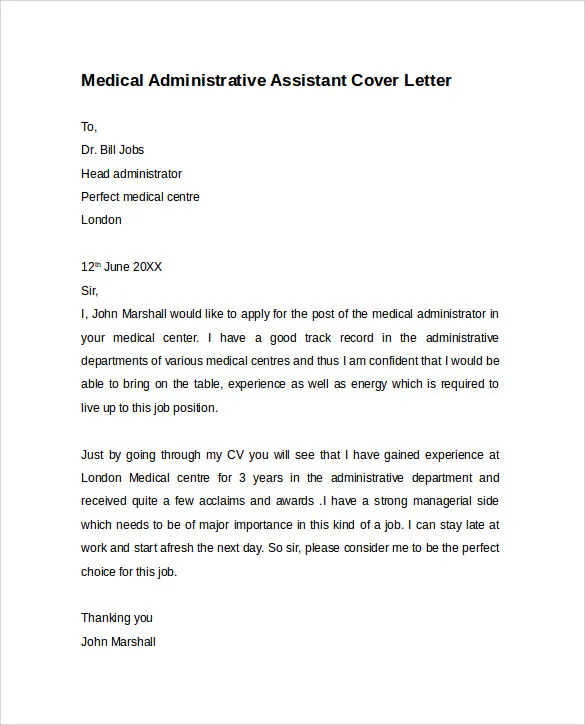
Begin your cover letter with your complete contact information (name, address, phone number, and email address) at the top. This ensures the hiring manager knows how to reach you. Following your contact information, address the letter professionally. If you know the hiring manager’s name, use it; otherwise, use a general salutation like “Dear Hiring Manager.” Always maintain a professional tone throughout the letter. The salutation sets the tone for the rest of the letter; a personalized greeting demonstrates that you have taken the time to research the company and tailor your application. This simple step shows your attention to detail and your dedication to the application process.
Highlighting Your Skills and Experience
This section is where you showcase your relevant skills and experience. Focus on the qualifications the employer is seeking, such as scheduling appointments, managing patient records, and communicating with patients and healthcare providers. Provide specific examples of how you’ve utilized these skills in previous roles. Quantify your accomplishments whenever possible; for instance, mention how you improved office efficiency or reduced patient wait times. Highlighting your skills effectively is about demonstrating what you can bring to the table. It shows the employer that you possess the practical expertise needed to excel in the role. By effectively communicating your strengths, you provide a clear picture of your potential value to the organization.
Emphasize Relevant Medical Office Assistant Skills
Focus on the skills most relevant to the Medical Office Assistant role. These include but are not limited to patient scheduling, medical billing and coding, electronic health records (EHR) management, strong communication skills, and proficiency in medical terminology. Showcase your abilities to multitask, remain organized, and provide excellent patient service. Use keywords from the job description to demonstrate that your skill set aligns directly with the employer’s needs. Highlighting the skills that directly address the requirements of the position ensures that your application speaks to the employer’s needs. This targeted approach increases your chances of being considered a strong candidate.
Showcasing Your Experience
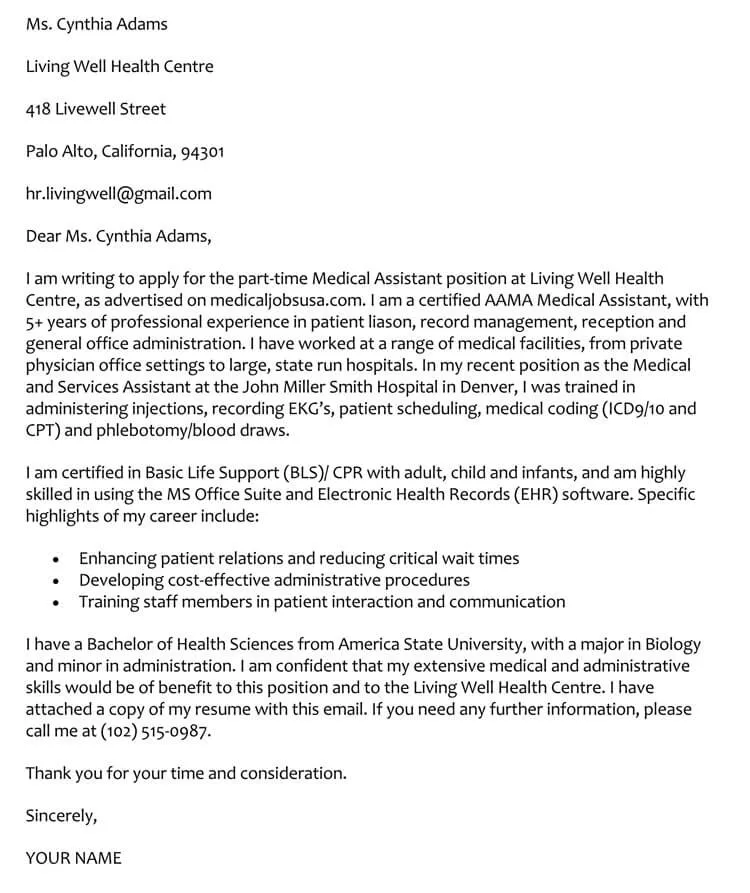
Provide detailed examples of your past experience as a Medical Office Assistant. For each position, describe your responsibilities and the tasks you performed. Illustrate your ability to handle various situations, such as managing patient inquiries, coordinating appointments, and assisting with insurance claims. Focus on experiences that demonstrate your ability to thrive in a fast-paced, patient-focused environment. The more specific you are, the more convincing your application becomes. Specific examples not only reinforce the claims made but also provide concrete proof of your abilities. These experiences provide the employer with a realistic picture of your potential to make a valuable contribution to the practice.
Quantifying Your Achievements
Whenever possible, quantify your achievements to demonstrate the impact of your contributions. Instead of saying “Improved office efficiency,” you could state “Implemented a new appointment scheduling system, which reduced patient wait times by 15%.” Or instead of, “Managed patient records,” write “Managed patient records for an average of 50 patients daily, ensuring accuracy and confidentiality.” Use numbers, percentages, or specific figures to highlight your successes and showcase your performance. This gives the employer a tangible sense of your past achievements, showing the value you brought to previous roles, and allowing them to visualize how you could perform for them.
Demonstrating Your Passion for Healthcare
Express your genuine interest in healthcare and explain why you are passionate about working as a Medical Office Assistant. Share your motivations, values, and what drives you to excel in this field. This helps to build a personal connection with the hiring manager, conveying a sense of dedication and commitment. Mention specific aspects of healthcare that inspire you, whether it’s assisting patients, supporting medical staff, or ensuring smooth office operations. Demonstrating passion can separate you from other candidates, making it clear that you see this as more than just a job.
Tailoring Your Cover Letter to the Job Description
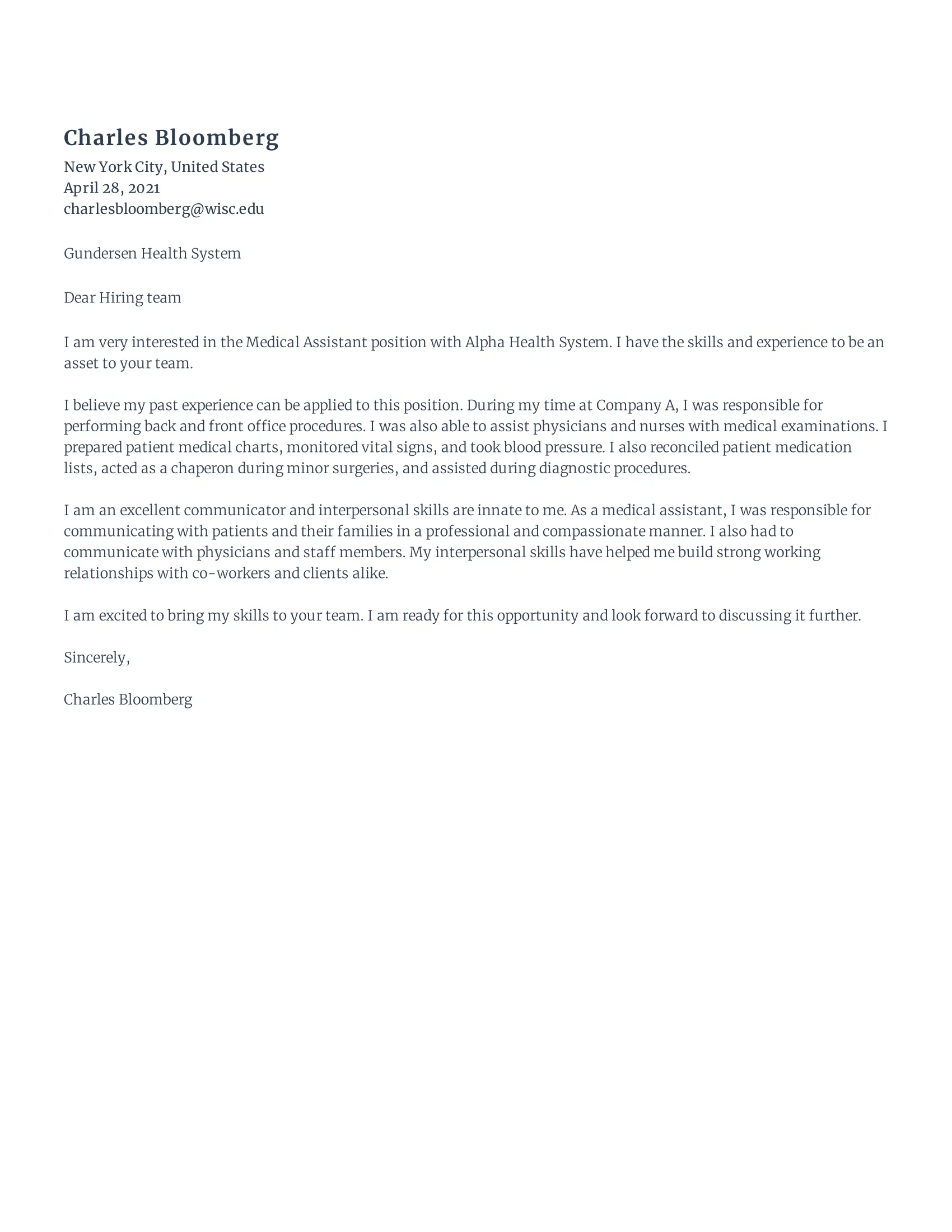
One of the most critical steps in crafting a standout cover letter is tailoring it to the specific job description. Carefully review the job posting and identify the skills, experiences, and qualifications that the employer is looking for. Use this information to customize your cover letter, ensuring that you highlight the most relevant aspects of your background and experience. Address the specific requirements, skills, and values mentioned in the job description. The more you personalize your letter, the more likely you are to catch the attention of the hiring manager. By taking the time to understand the employer’s needs, you significantly increase your chances of making a strong impression.
Researching the Clinic or Office
Before you start writing your cover letter, take the time to research the clinic or office. Visit the practice’s website to learn more about its mission, values, and the services it provides. Understand the types of patients they serve and the healthcare environment they operate in. If possible, review online reviews or testimonials to gain insight into the workplace culture and patient experience. This research will help you tailor your cover letter to demonstrate that you understand their needs and values, aligning your qualifications with their specific requirements and showing a genuine interest in working for their organization. You will stand out by showing a deep interest beyond just getting a job.
Addressing Specific Requirements
Carefully review the job description to identify any specific requirements the employer is seeking, such as proficiency in certain software, experience with specific medical procedures, or certifications. Make sure to address these requirements directly in your cover letter. For example, if the job description mentions the need for experience with an EHR system like EPIC or Cerner, be sure to highlight your experience with these systems. By addressing the specific requirements listed in the job description, you show that you have the skills and qualifications needed to succeed in the role. This targeted approach makes your application more relevant and compelling.
Formatting Your Medical Office Assistant Cover Letter
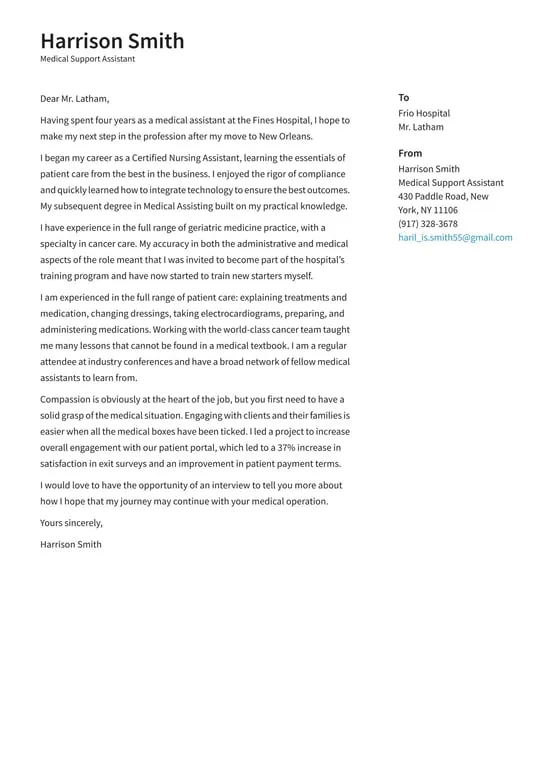
The format of your cover letter is as important as the content. A well-formatted cover letter is easy to read, visually appealing, and professional in appearance. It reflects your attention to detail and commitment to presenting yourself in the best possible light. Proper formatting not only enhances readability but also ensures that your key qualifications and achievements are easily accessible to the hiring manager. This will help you create a document that accurately represents your skills and accomplishments.
Choosing the Right Font and Layout
Choose a professional and easy-to-read font, such as Times New Roman, Arial, or Calibri. Use a font size between 10 and 12 points for the body of your letter. Keep your letter layout clean and organized, with ample white space to make it visually appealing. Use left-justified text and single-space paragraphs. Ensure there is enough space between paragraphs to enhance readability. A well-formatted cover letter shows that you understand professional standards and are careful to present your skills in a manner that is easy to read and assess. These simple design choices demonstrate your attention to detail and respect for the reader.
Proofreading and Editing for Perfection
Proofreading and editing your cover letter is crucial to ensure that it is free of errors and reflects your professionalism. Always review your cover letter multiple times for typos, grammatical errors, and inconsistencies. Have a friend or family member read it over as a fresh pair of eyes can catch mistakes you might miss. Ensure your cover letter flows logically and that your ideas are clearly expressed. A polished cover letter makes a strong impression, demonstrating your attention to detail. Proofreading confirms your competence and will lead to a more positive assessment by the hiring manager.
Common Mistakes to Avoid
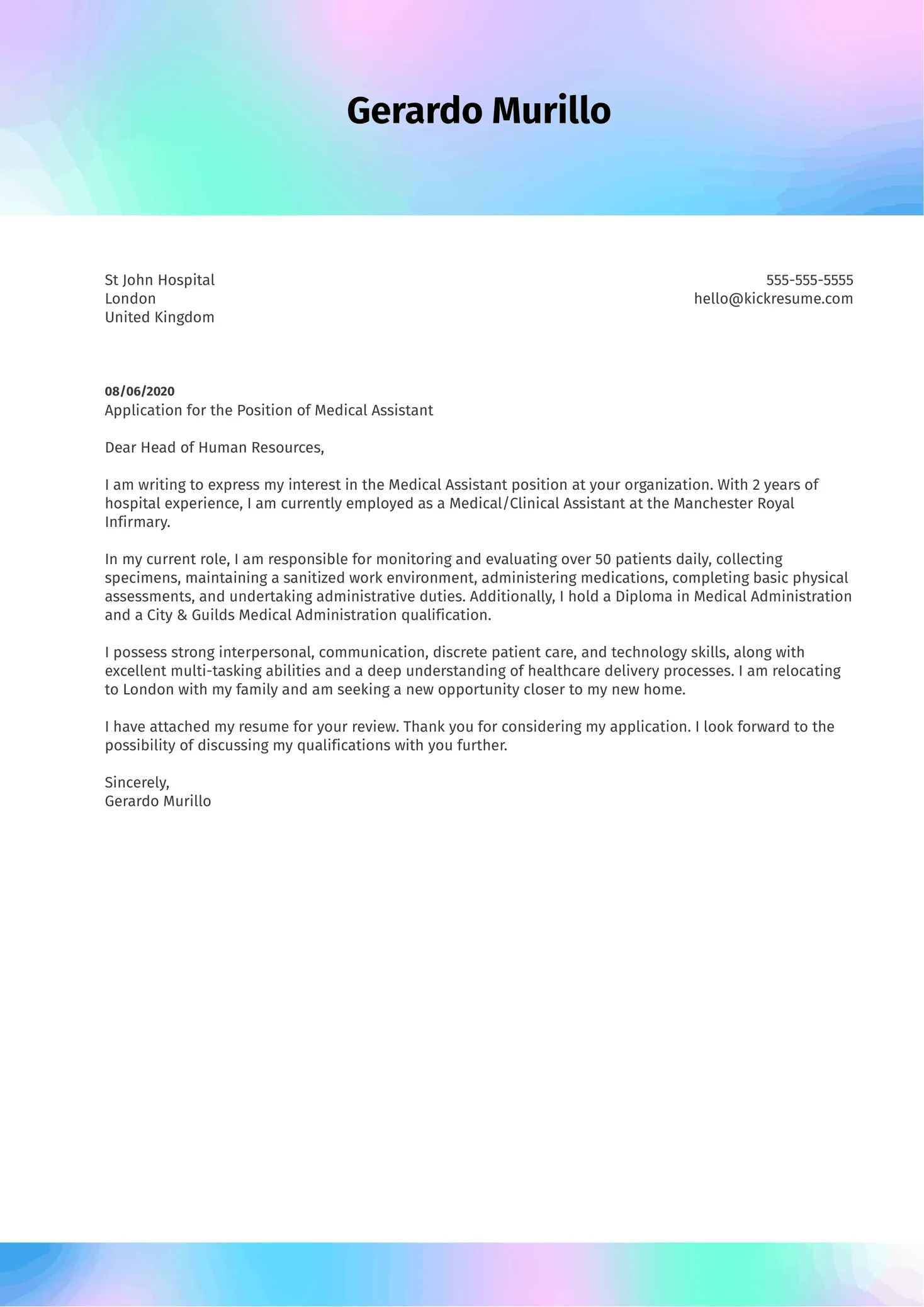
Avoid common mistakes that can undermine your application. These mistakes can hurt your chances of getting an interview and ultimately, the job. Being aware of these pitfalls will significantly enhance your application’s effectiveness and make you a more competitive candidate.
Generic Language and Lack of Specificity
Avoid using generic language that could apply to any job. Instead of making vague statements, offer specific examples that demonstrate your skills and experience. Avoid general phrases like “I am a hard worker” and provide specific accomplishments. For instance, describe a time you successfully resolved a patient complaint or improved office efficiency. The goal is to show the employer what you can do, not just tell them. Specific examples provide concrete evidence of your capabilities, distinguishing you from candidates who rely on general statements and making your application more compelling.
Typos and Grammatical Errors
Typos and grammatical errors can significantly damage your credibility and leave a negative impression on the hiring manager. Thoroughly proofread your cover letter to eliminate any errors in spelling, grammar, or punctuation. Even a small error can suggest a lack of attention to detail. Use spell-check tools, but also carefully read through the letter yourself. Having a second pair of eyes review your cover letter can help catch any mistakes you might have missed. Ensuring your letter is error-free demonstrates your professionalism and your commitment to excellence.
Example Cover Letter Templates Medical Office Assistant
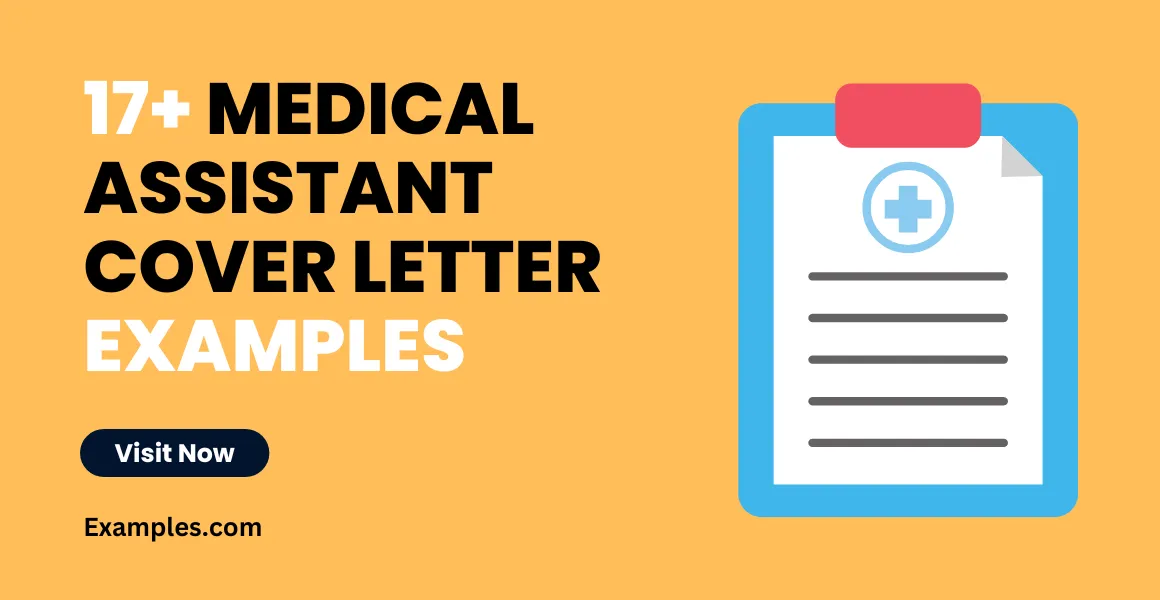
Here are a few cover letter templates to get you started. Remember to tailor these to match the specific requirements of the role you’re applying for. Make sure you personalize it with your own details and experiences. Use these as a starting point and customize them with the specific details from your background and the job description.
- Template 1 (Entry-Level): Use this if you are new to the field.
- Template 2 (Experienced): For those with several years of experience in medical office settings.
- Template 3 (Skills-Focused): Focuses on core competencies and can be useful for candidates with diverse backgrounds
